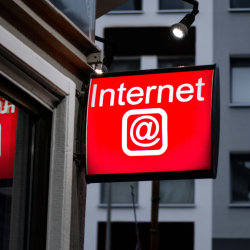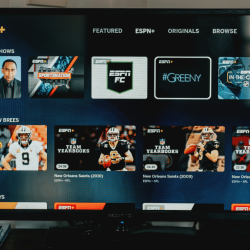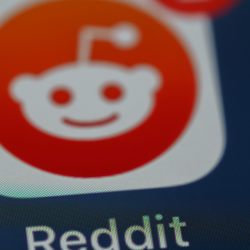Former wartime French President Charles de Gaulle once said, ‘Politics is too serious a matter to be left to the politicians.’ In the run-up to the UK general election in July, some candidates are taking this sentiment to heart. Technology is creeping its way into the political landscape. Steve Endacott, a Brighton-based businessman, is running in the UK general election using an AI representative, aptly named AI Steve.
He says he will use AI to ensure the people of Brighton and Hove have ‘24/7 access to leave opinions and create policies’ via AI Steve. The website adds: ‘AI Steve could become the “Founding Father” of how politics works in the future.’ AI technology is changing what is possible in every industry. In the political sphere, AI will play an increasingly pivotal role in shaping political advertising campaigns — from enhancing creative, to improving contextual targeting and bolstering brand safety.
Reaching voters effectively
This is a big year for democracy. According to the World Economic Forum, more than two billion voters will head to the polls in countries including the United States, India, Mexico and South Africa. This is (potentially) the most votes to ever be cast simultaneously. And this decisive democratic year coincides with the explosion of AI into the public consciousness. Since the public launch of OpenAI’s ChatGPT over 18 months ago, AI has grown into our daily lives and habits; from banking and dating to entertainment.
The political arena is no exception. And upcoming elections showcase how technology is reshaping traditional campaigning and voter engagement.
The voting landscape has changed. Voters are now digital. Running a flagship linear TV broadcast just won’t cut it anymore. The battleground extends across multiple channels — and none are more influential than social media when it comes to reaching younger voters.
Multichannel voter engagement
We can learn from how things are evolving across the pond. U.S. adults under 30 now trust information from social media as much as from national news outlets. So it’s unsurprising to see that, in the UK, both the Conservative and Labour parties are currently spending more than ten times the amount on Facebook and Instagram advertising that they were this time last year. Reaching target audiences is now easier than ever. Unlike traditional methods that target ads based on user behaviour, contextual advertising targets ads based on the environment in which the ad appears.
This cookie-less approach ensures that ads reach users when they are in a receptive frame of mind, influenced by the content they are consuming. For example, during the election season, contextual ads can target phrases related to a candidate’s platform or the political concerns of specific voter groups. By leveraging contextual ads, political campaigns can reach politically engaged voters who are more receptive to their messaging, increasing the odds of messaging landing with precision.
Brand safety
Brand safety is top concern for advertisers. And in political marketing it is no different. All election campaigning — rallies, billboards, leaflets, broadcasts, debates, and social media — aims to persuade voters to support a party at the polls. But equally the wrong message, or even the right message, delivered in the wrong context can be detrimental.
Marketers typically attempt to circumnavigate unsafe brand environments by keyword blocking and URL block-listing to avoid unwanted connections between the brand and harmful content — despite research suggesting this is harmful for brands and publishers alike.
AI is a useful ally here. It can go a step beyond basic keyword blocking, using natural language processing to understand the context of the webpages, ensuring ads only appear in brand-safe environments. Moreover, leveraging AI means brand safety can be tailor-made for each campaign. This personalised approach is instrumental in real-time risk avoidance, ensuring adherence to safety parameters unique to each political advertiser.
The future of political campaigning
To echo the words of Charles de Gaulle, politics is too serious just to be left to the politicians. And in the most decisive year in the history of democracy, political brands and leaders need to gather all the allies they can find — both human and AI…
Featured image: Tara Winstead / Pexels






























